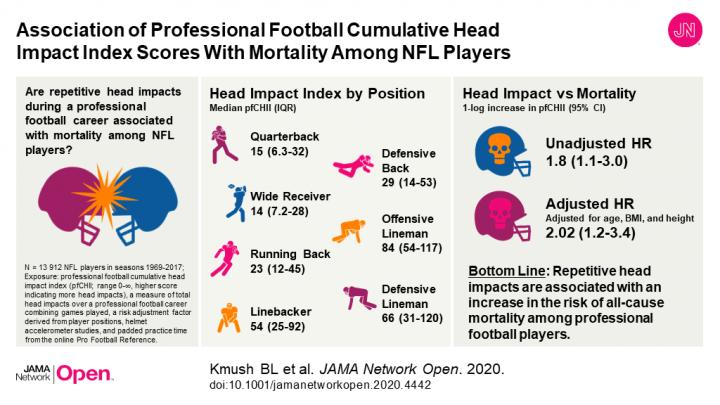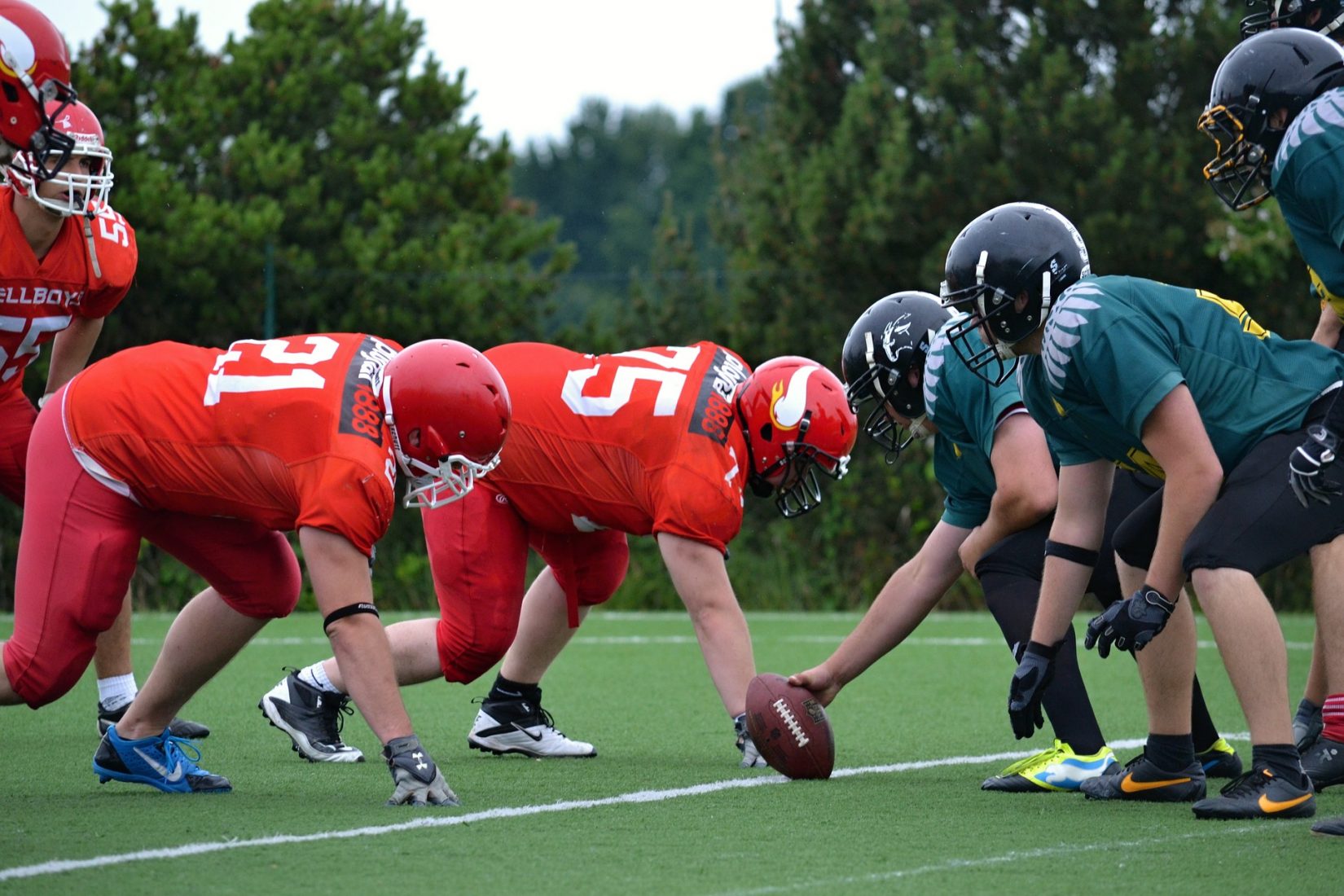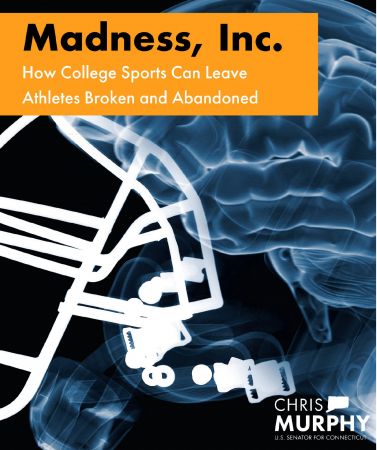Please take a moment to understand that if you play a sport or engage in activities that involve multiple hits to the head, you could be at risk for permanent brain changes that alter your mental wellness or ability to learn or CTE (Chronic traumatic encephalopathy).
Sports are great activities and exercise is an important part of a healthy lifestyle, but we want you to always remember to keep your brain safe. If you are thinking about playing football or any other contact sport involving “hits” to the head and body we hope to convince you to find a safer sport until the medical community or sports community can find answers to this problem.
 We want to make you aware of the real dangers that repeated blows to the head can cause and the effect it can have on your life. These blows do not need to result in a concussion and can be just routine hard hits. But every hit hurts. And multiple hits exponentially become the building blocks for increased brain inflammation and destruction. You do not need to have any CTE symptoms while your brain is being unwired. But if you do have a hit that shows a symptom of concussion, “sit it out.” Many athletes are “shaking it off and getting back in there” when it is the worst thing they could do.
We want to make you aware of the real dangers that repeated blows to the head can cause and the effect it can have on your life. These blows do not need to result in a concussion and can be just routine hard hits. But every hit hurts. And multiple hits exponentially become the building blocks for increased brain inflammation and destruction. You do not need to have any CTE symptoms while your brain is being unwired. But if you do have a hit that shows a symptom of concussion, “sit it out.” Many athletes are “shaking it off and getting back in there” when it is the worst thing they could do.
Patrick loved football and achieved much success in playing. The sport made him happy and helped him make many new and lifelong friends. He developed team-working skills and learned the benefits of hard work. He became confident, courageous and strong. It also gave him the opportunity to earn an Ivy League education. But sadly in return, all those “hits” he endured on the field is believed to have started a disease (CTE) in his brain that would grow over 10 years to eventually destroy everything he worked so hard to accomplish. His life grew very difficult while he was dealing with the disease that was growing in his brain. If he were here, he would tell you it wasn’t worth the price he paid. He lost everything.
Take time to learn about CTE and how you can prevent this disease from playing a part in your life. Research in the field is still in its infancy and it’s unknown as to why some people develop CTE more aggressively than others and if there are genetic factors that make some athletes more susceptible to the damaging symptoms than others. Researchers are trying to find a cure or a way to stop its progression but there is no known cure for CTE at this time. As a result, until more is known, the best approach is awareness and prevention. The trouble with young athletes and CTE is that they make great partners. Young people feel they can conquer any obstacle and “shaking off a hit” is a badge of courage. All the while CTE is working slowly destroying their brain. We want all of you to be okay. Protect yourself and more importantly protect your brain.
We want you to know the facts. Google it. Find out more about the disease. It can destroy your life. Patrick “toughed it out” every play. He showed no fear when faced with tackle after tackle. But there was nothing he could do once the tau proteins started to permeate his brain and destroyed his personality, thinking, and life. Being a young man in this tumultuous and ever changing world is difficult. Being a young man in this same world with CTE is a supreme test of courage, strength, and sacrifice beyond measure.
Additional Resources:
Every athlete should watch this:
https://youtu.be/u1bTubU2KRc?si=h90CDa9ZcBHJ8m32
What Coach Isn’t Telling You…

Football Players and Erectile Dysfunction Associated With Repetitive Head Injury
HOW WORRIED SHOULD SKATERBOARDERS BE ABOUT CTE?
Domestic Violence Survivors Face Risk of CTE
Research Reveals Heading in Soccer Dangerous for Women
Migraine Twice as Prevalent Among High School Football Players
The link between brain injuries and domestic violence
More Players Finding NFL Not Worth the Gamble
Emotional and Physical Pain Activate Similar Brain Regions
IPV Information & Resources
- Invisible Injuries: Brain Injuries Caused by Domestic Violence
- The Ohio Domestic Violence Network: Center on Partner-Inflicted Brain Injury
- Centers for Disease Control and Prevention: Intimate Partner Violence
- For Providers: Domestic Violence and Brain Injury in the Era of COVID-19
- For Providers: Understanding Domestic Violence as a Cause of TBI
- Shedding Light on Partner Violence
If you or someone you know is in an abusive relationship, contact the National Domestic Violence Hotline at 1-800-799-7233 ( 1-800-799-SAFE ) or text “Start” to 88788 or chat at thehotline.org for free, confidential help and information on your local domestic violence program.


